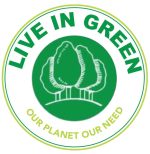OUR PROGRAMMES
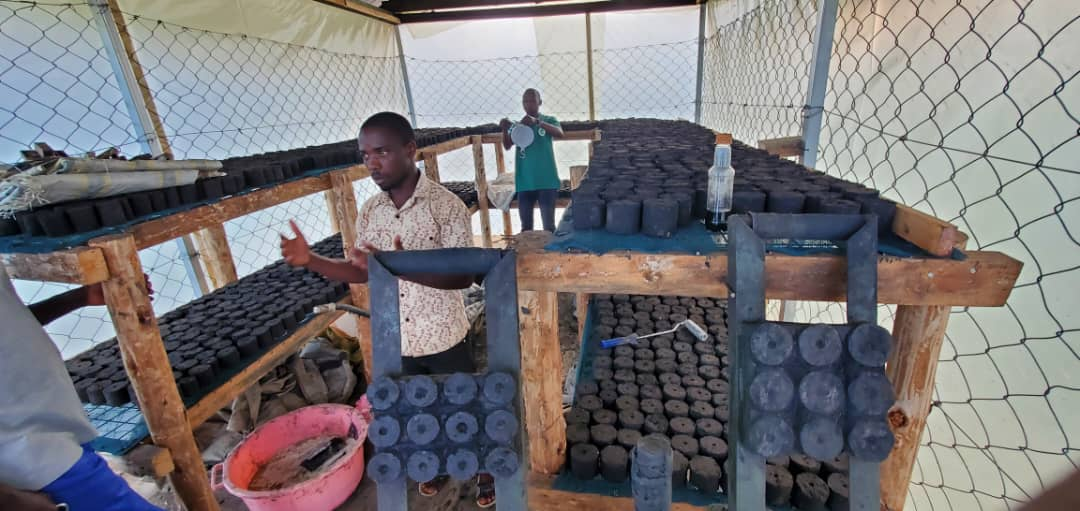
CLEAN ENERGY
Energy is a core pillar of sustainable development and is essential to meet basic human needs including cooking, lighting, heating, and accessing clean water. Yet, millions of displaced people around the world have inadequate access to safe and reliable energy. Improving refugee and host community households’ access to clean energy can improve their health and safety, reduce gender-based violence, reduce time spent on labour-intensive domestic chores, and provide opportunities for income generation including increasing women’s participation in the energy value chain.
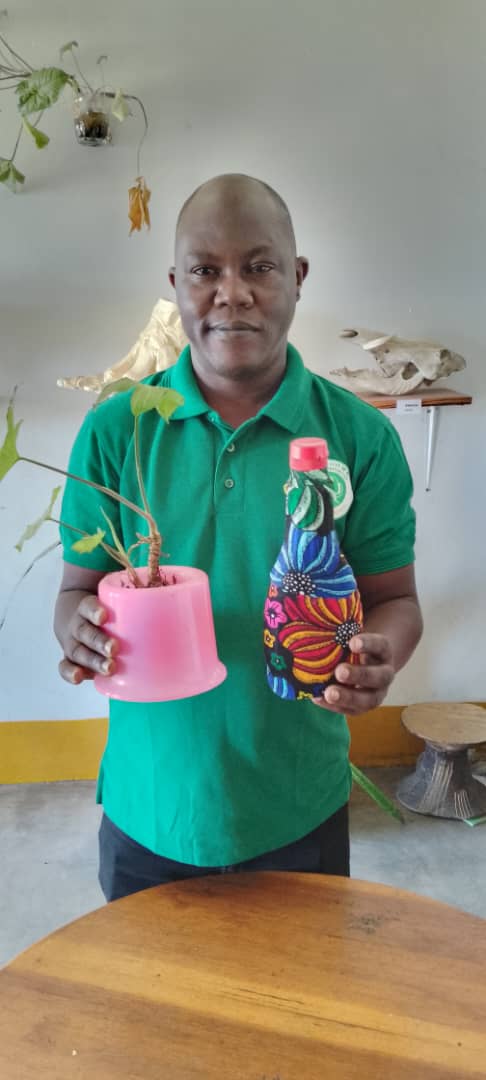
WASTE RECYCLING
Managing waste involves implementing strategies to minimize, handle, treat, and dispose of waste materials in a manner that is environmentally responsible and sustainable. Here are some key aspects of waste management that Live IN Green draws attention to;
Reuse: in Kyaka II refuge settlement and some host communities we are running projects, we recycle biodegradable wastes carbonizing them which is crucial in making briquettes. This process is one of the ways we mitigate felling of trees for charcoal by offering an alternative cooking option to families.
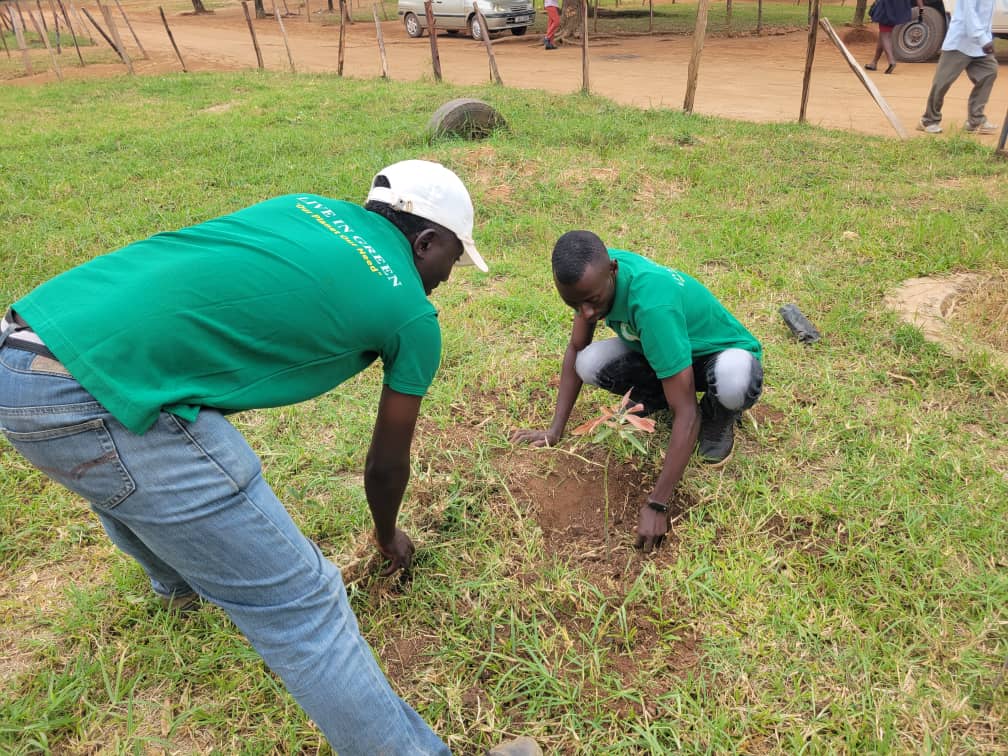
RESILIENCE & CLIMATE CHANGE ADAPTATION
Significant changes in weather patterns have increased variability and unpredictability of rainfall presenting a major threat to resource-dependent livelihoods in Uganda – farmers, Pastoralists, Agro-pastoralists and Fisher folks. Frequent prolonged droughts and rainfall which is less regular has turned perennial rivers into seasonal rivers, and some water sources dry out during dry seasons, which was not the case more than 15 years ago. Ecosystems that are at most risk are Arid and Semi-Arid Lands (ASALs), wetlands and forest resources, and water resources.
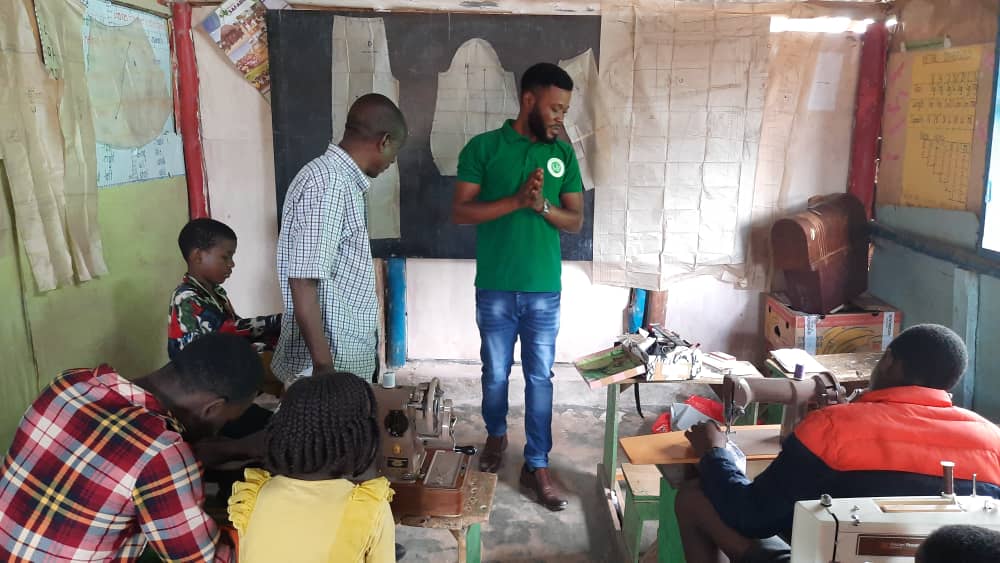
ENTREPRENEURSHIP SKILLS DEVELOPMENT
LIVE IN GREEN conducts training in small business management, entrepreneurship skills to all the beneficiaries supported by organization. The trainings aim at equipping the beneficiaries with knowledge on how to make a business plan, how to seek money for the business, How to manage a business, How to handle customers, How to handle business books. (Record book, calculating profits), Risks and uncertainties in a business, Decision making in a business and Good record keeping. LIVE IN GREEN also trains youth out of school in vocational skills where they are always given start up kits to help them start their own business and can generate income to sustain their families.

SUSTAINABLE FARMING
LIVE IN GREEN conducts trainings in sustainable farming where the beneficiaries, Farmers are trained about key principles of organic farming understanding and managing biological processes to regulate balance, flow, and timing of nutrient levels and availability; achieve pest-predator balance; and maintain healthy and productive crops. Agro forestry practices like frost buffers, windbreaks, alley cropping & forest farming were conducted.
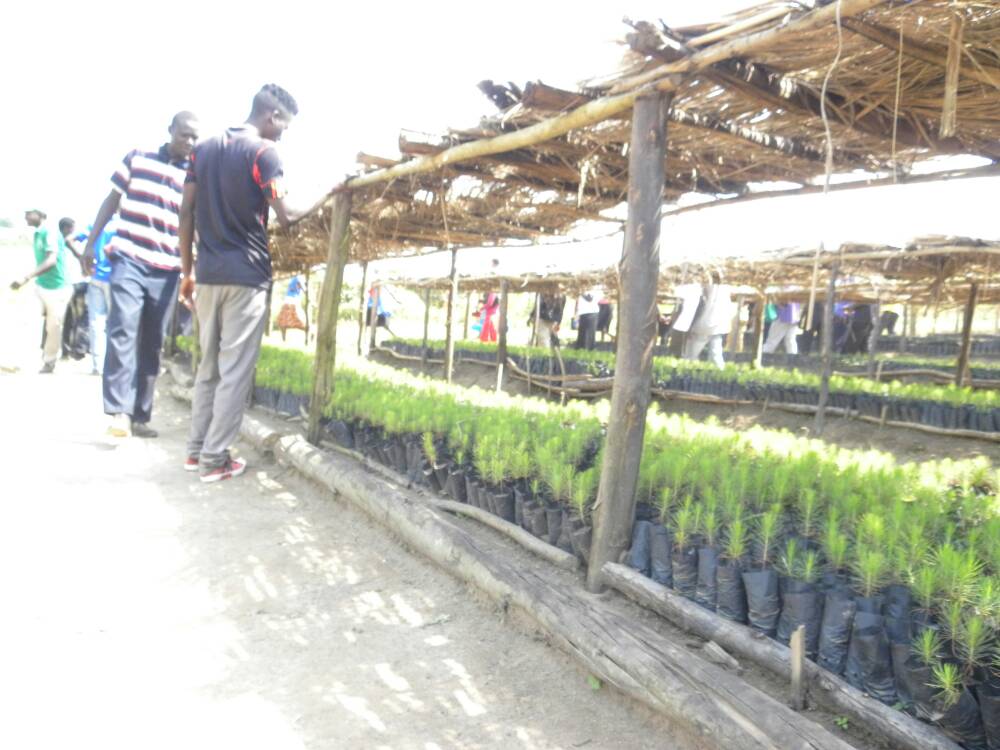
ENVIRONMENTAL CONSERVATION
Human and community survival is inextricably linked to the natural environment in many ways. But, human activities in Uganda and most especially the refugee settlement is probably responsible for the degenerating level of the natural habitat and the general environment. Population explosion due to the refugee influx from Democratic Republic of Congo and Rwanda are partly to blame for the massive pressure placed on the natural environment in search for settlement and arable land. This has encouraged drastic felling of trees, loss of green cover and subsequently resulted into uncontrolled erosion and desertification. The influx of refugees has often added to existing pressure on the environment…
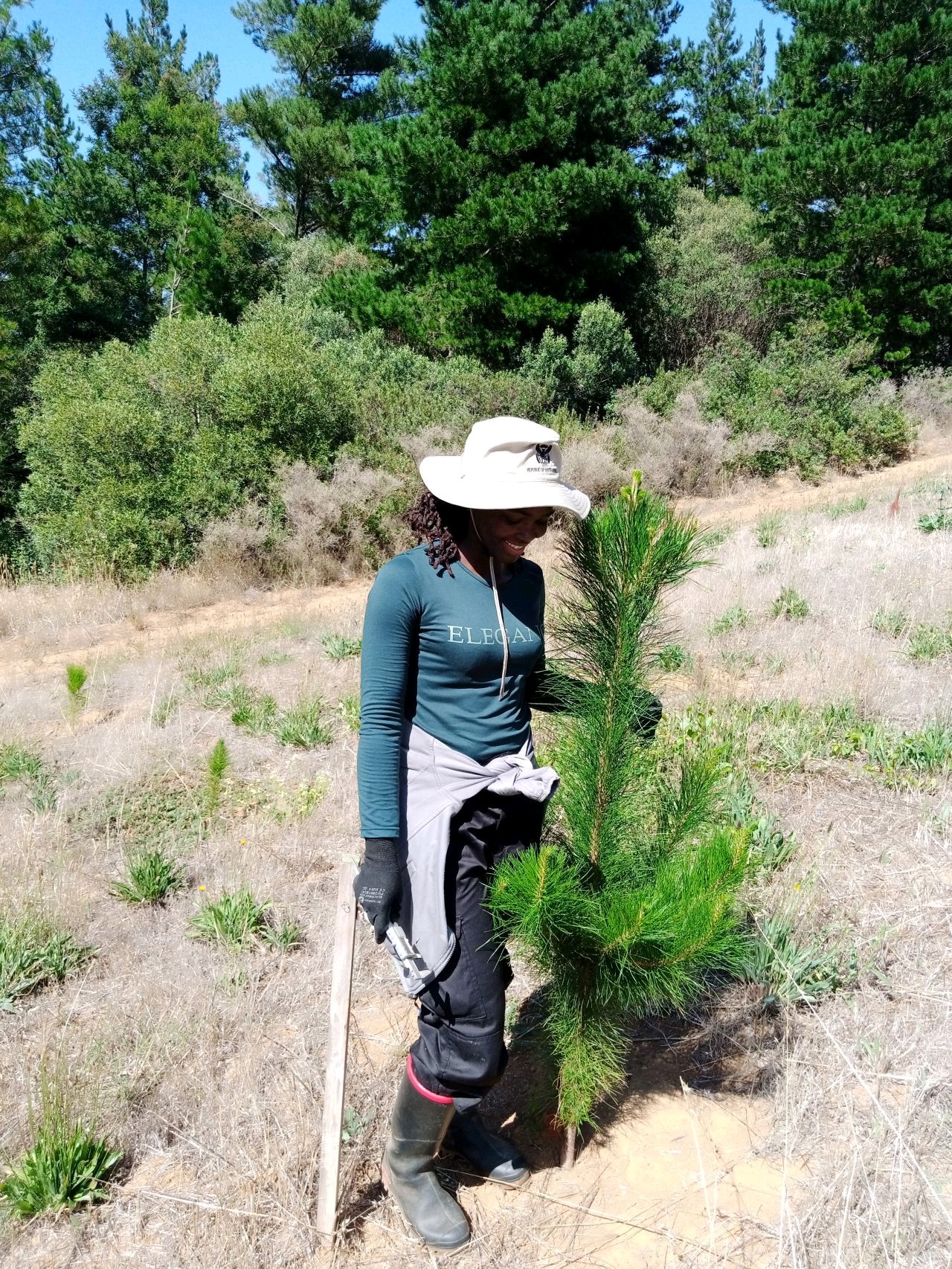
ECOSYSTEMS MANAGEMENT & RESTORATION
Ecosystems in Uganda are increasingly being threatened by various human activities, even those that are protected by government Acts. Wetland and forest losses are higher. The progressive, systematic and induced unsustainable management of fragile ecosystems has caused declining resource productivity and resilience, resource scarcities, inequitable access that breeds conflicts, population displacements and worsen human vulnerability. As such, ecosystem management and restoration are key for enhancing land productivity, reducing poverty and enhancing the quality of life or resource-dependent farmers, Pastoralists, Agro-pastoralists and Fisher-folk.
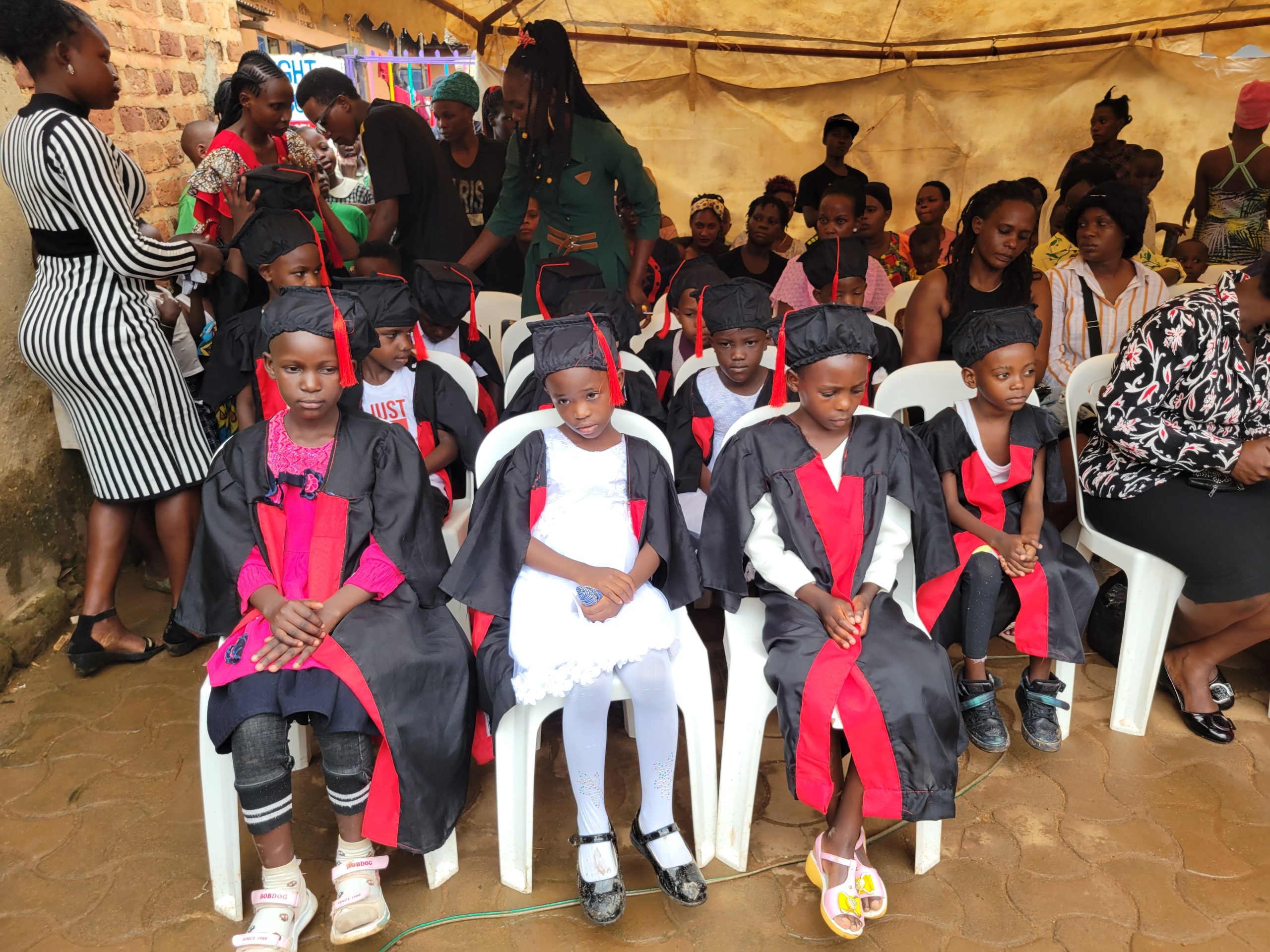
EDUCATION MANAGEMENT
Refugee and Host Community Education Management involves actual administration of schools including hiring and remuneration of teachers at Nursery, primary and Vocational Schools, as well as Infrastructure development, where we acquire classroom blocks, latrines, teachers’ accommodation, libraries and dormitories to improve the conditions of learning for both the learners and the teachers in the schools.
